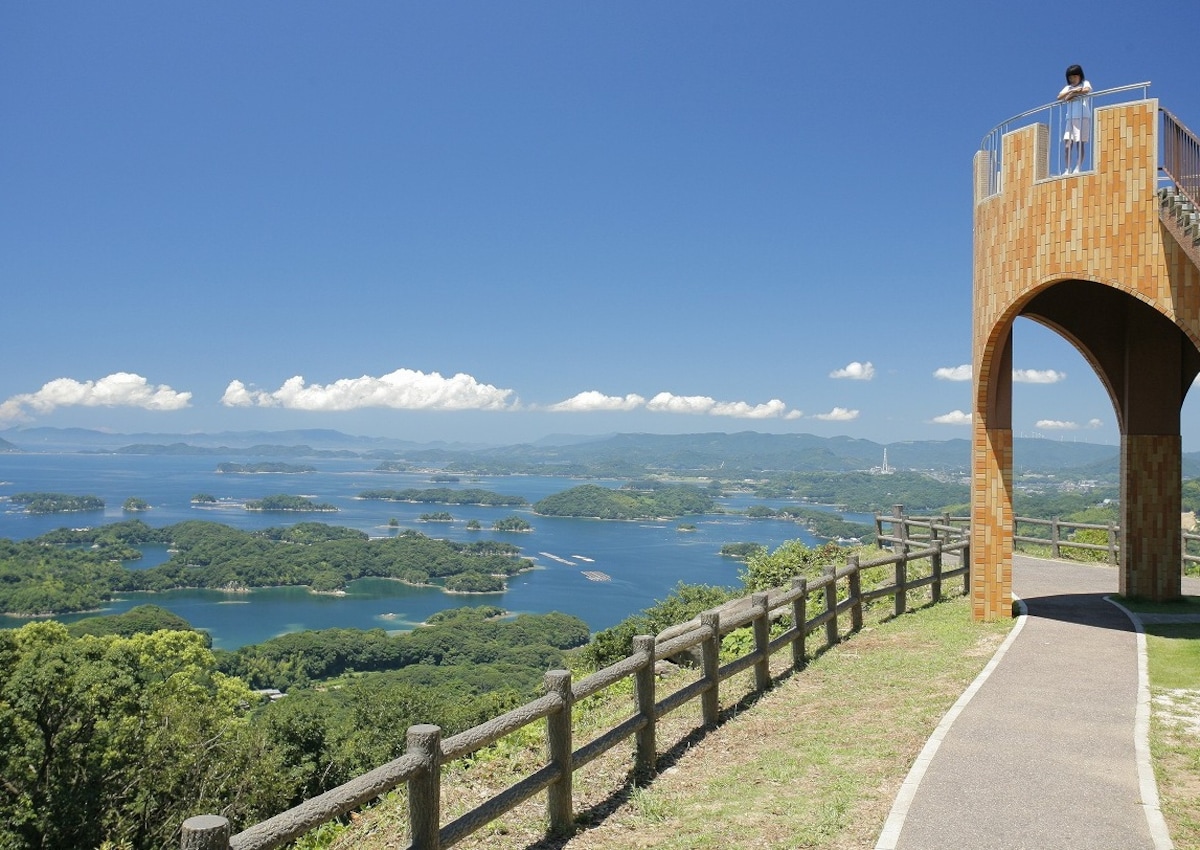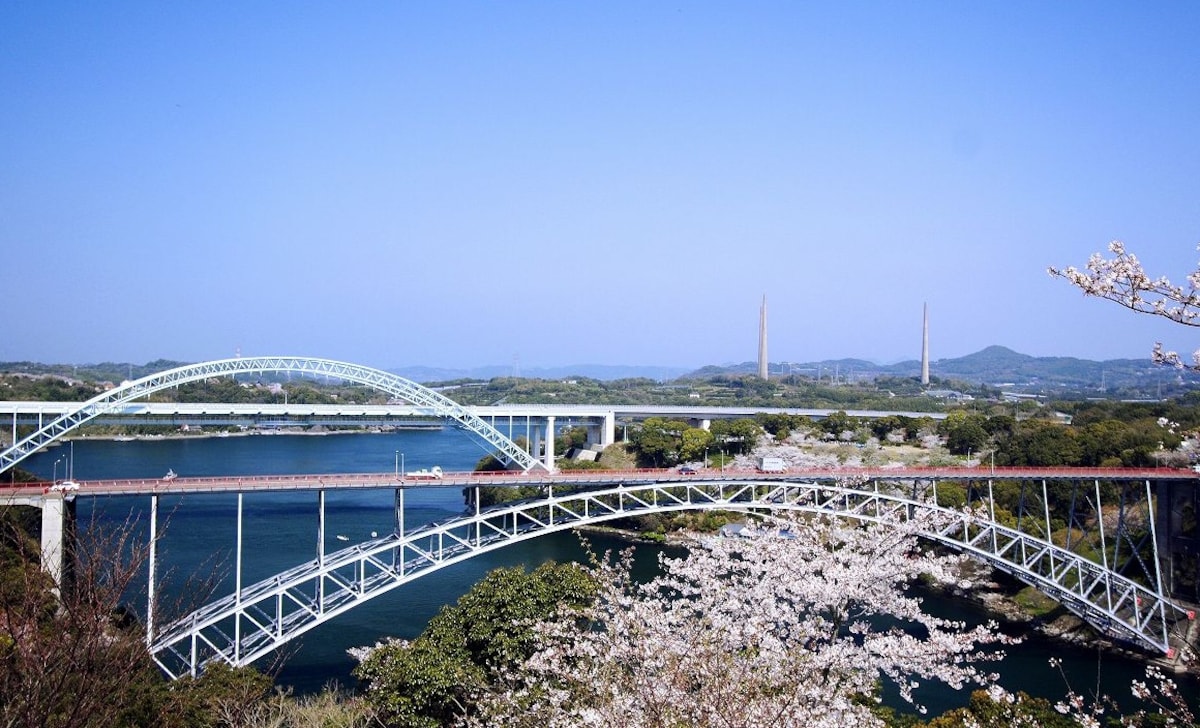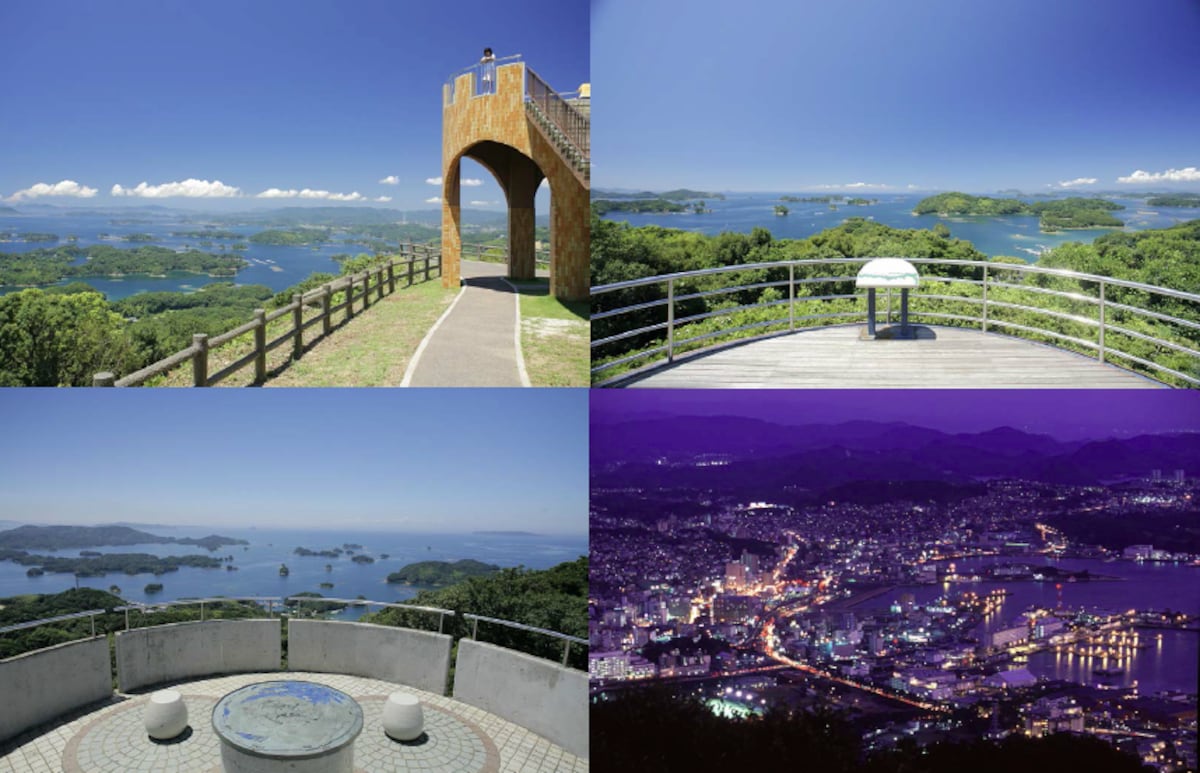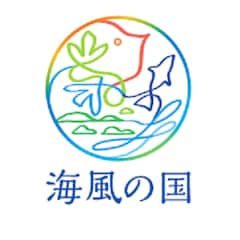Stunning Nagasaki 2-Day Tour
The Kujuku-shima Islands are a group of 208 islands that lie about 25 kilometers (15.5 mi) to the north of Nagasaki's Sasebo Port. Virtually the entire area is included in Saikai National Park. More than 80 percent of the coastline is protected in its natural state, with wildlife and landscapes that are worth visiting again and again in any season!
By Sasebo CityDAY 2
Sasebo Station → SASEBO Cruise Bus Umikaze/naval port cruise → Saikaibashi Bridge → observatories (Tenkaiho, Funakoshi, Ishi-dake, Hiyamizu-dake) → accommodation in Sasebo → Ojika Islands/Kuroshima Island, etc.
1. Umikaze
Take a luxury bus tour around hot spots in Sasebo and get great views of the Kuju-kushima Islands.
Related article
2. Saikaibashi Bridge
The Hario Strait is home to one of Japan's three most rapid tides, and is famous for its whirlpools, a key sight of the Saikaibashi Bridge area. Refer to the following URL for days on which the rapid tide can be seen.
Saikai Bridge
3. Observatories
There are many observatories from which you can view the beautiful landscapes of Kujuku-shima. Especially popular are the following four: Tenkaiho, Funakoshi Observatory, Ishi-dake Observatory and Hiyamizu-dake Observatory.
Tenkaihou
Dining: Ago Ramen
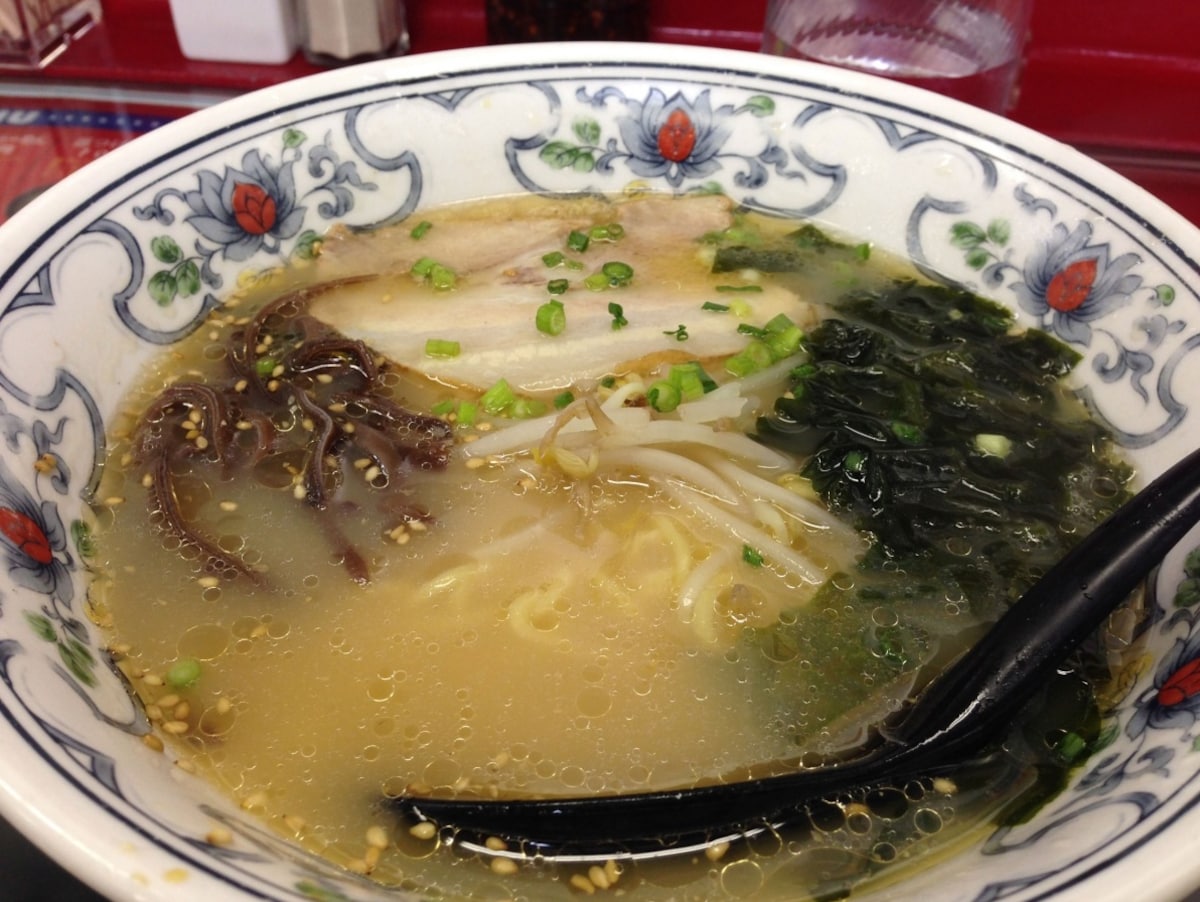
http://picochii.com/lunch-49/
Flying fish caught in Nagasaki Prefecture are known as ago. These are used to create an elegant, full bodied and refreshing Japanese-style soup stock. Sasebo is the birthplace of ago ramen, which is created using ago stock. This is a dish you must eat when you visit Sasebo!
(Photo: Ago Ramen Honpo, Kujukushima Pearl Sea Resort branch)
Dining: Kujuku-shima Oysters
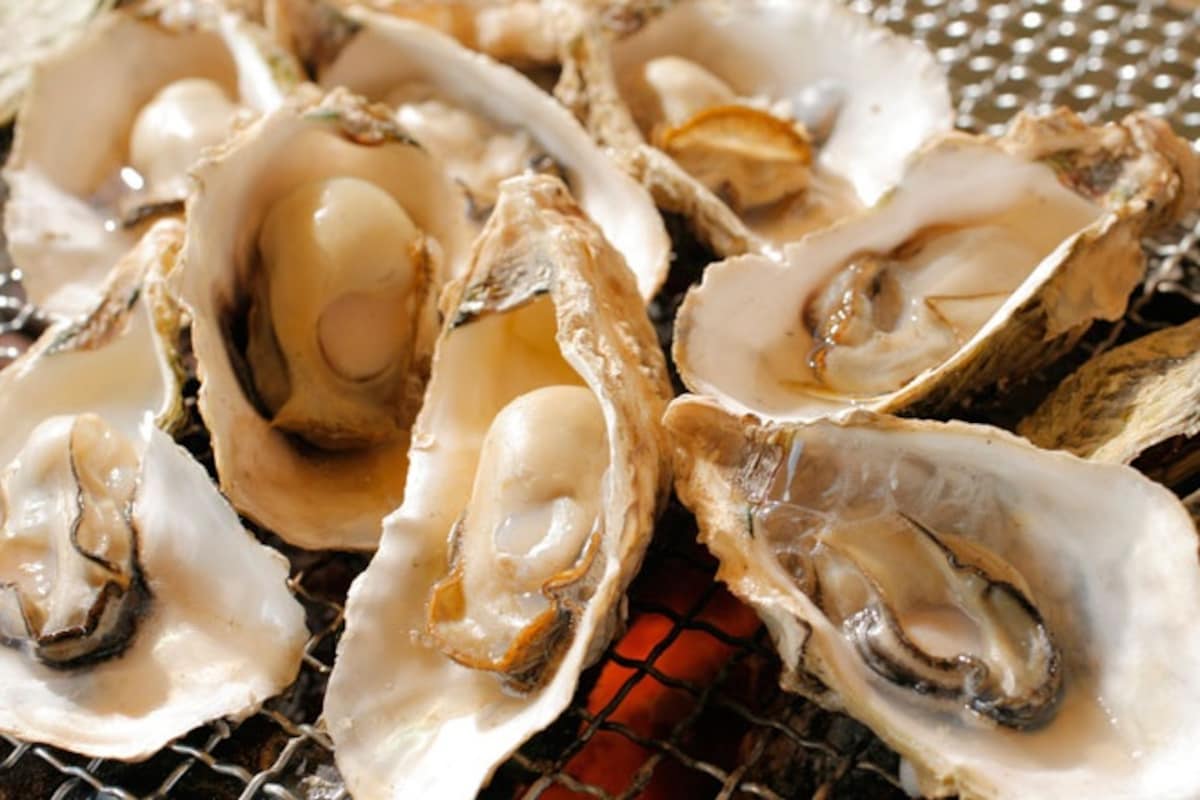
With its calm waves and large tidal range, Kujuku-shima is home to a thriving aquaculture industry. In particular, Kujuku-shima oysters, which are in season from late October, are much-loved for their tenderness and rich flavor—even though they are a bit on the small side!
Dining: Sasaizumi
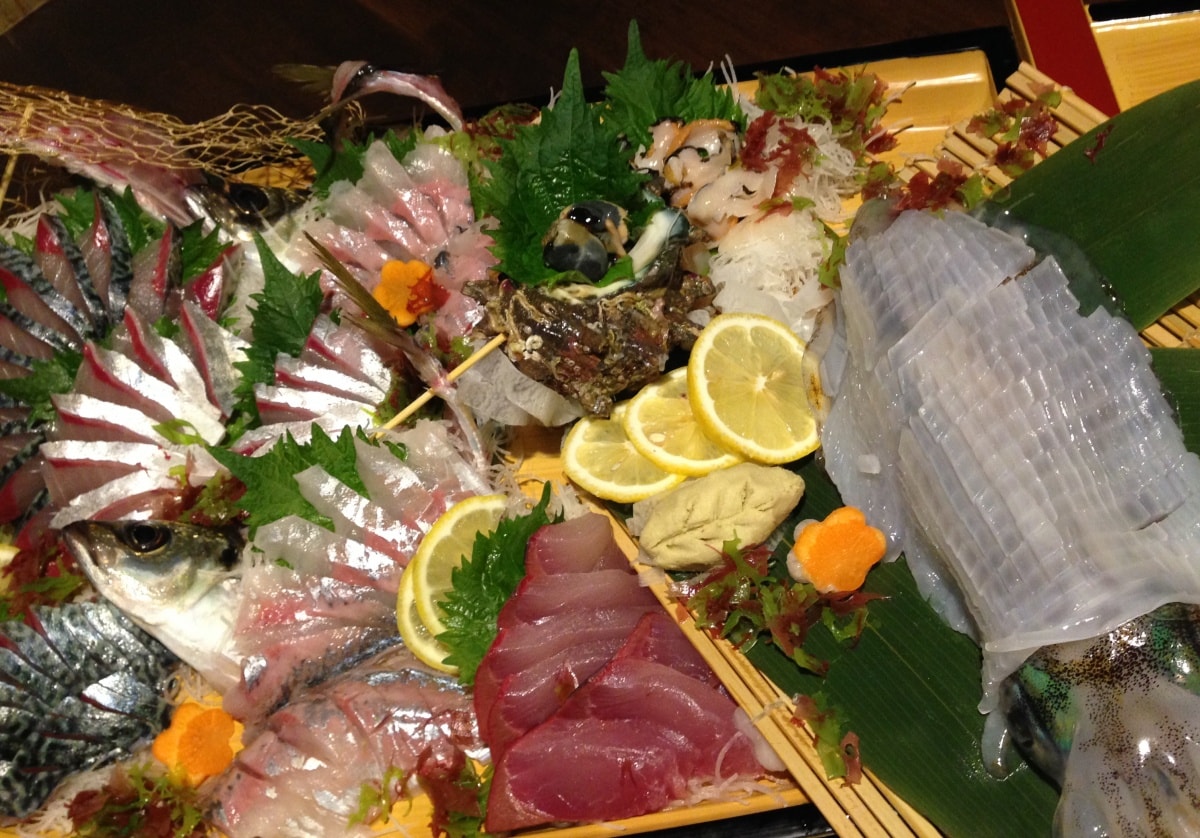
This fresh seafood restaurant has been in business for 90 years. Enjoy raw fish from Nagasaki and dishes prepared from scratch by the cook at reasonable prices. We particularly recommend the squid!
(Photo: Sasaizumi)
Ojika Islands
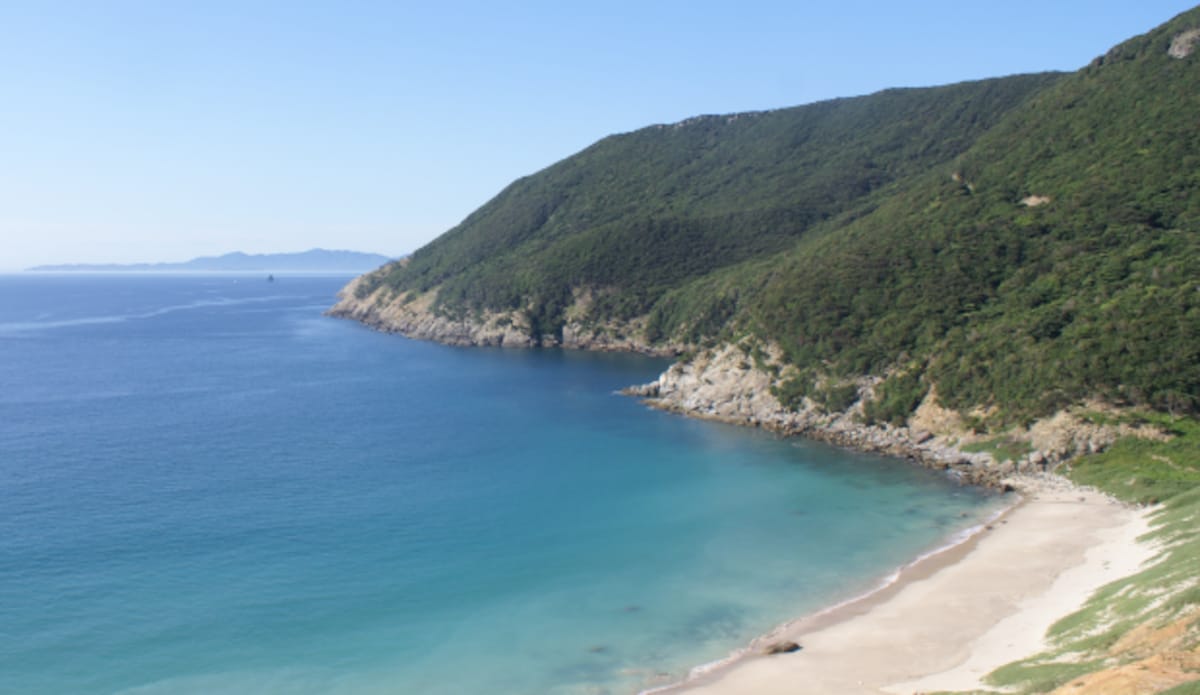
The Ojika Islands comprise 17 islands, large and small. With few human structures, the islands have the unique appeal of offering a slowness of speed that you'll be hard-pressed to find anywhere else. The islands are known for guest houses offering fishing and farming experiences, as well as stays in old Japanese-style homes.
Ojika
Kuroshima Island
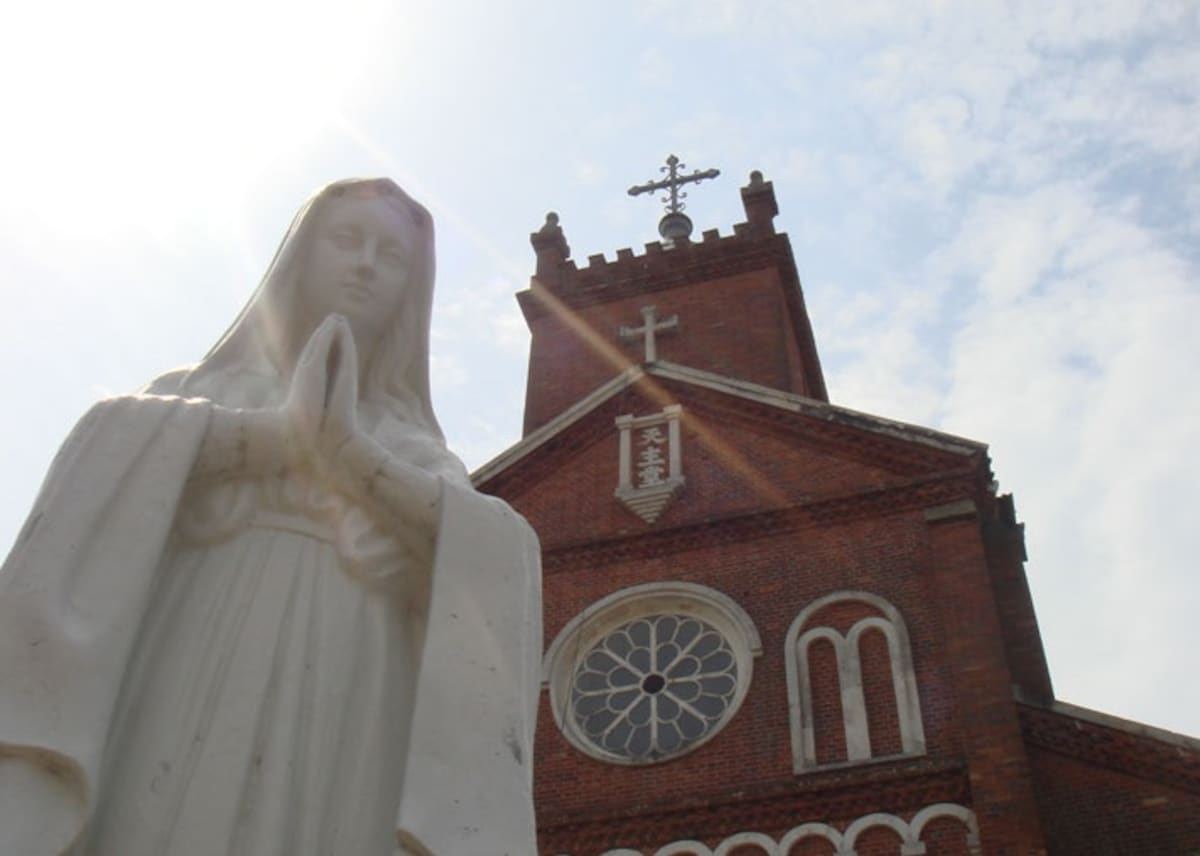
The largest island in the Kujuku-shima group is Kuroshima. Living on the island is much like living in paradise, with starry skies at night and a close connection to the flowers that announce the changing of the seasons. Kuroshima inhabitants divide their time between fishing and farming. Visitors can enjoy unique shima-meshi, or island rice, together with Kuroshima tofu.
When Christianity was banned in the early 17th century, a number of Christians fled to Kuroshima and lived here as Kakure Kirishitan, or "Hidden Christians." Even now, 80 percent of the island's inhabitants are Catholic, and Kuroshima Church acts as a symbol of the island. Even for non-believers, the colors of the church's stained glass windows will cleanse the spirit.
Kuroshima Tenshudo


